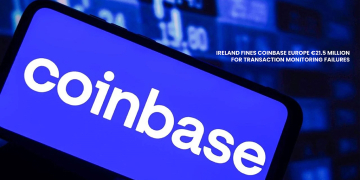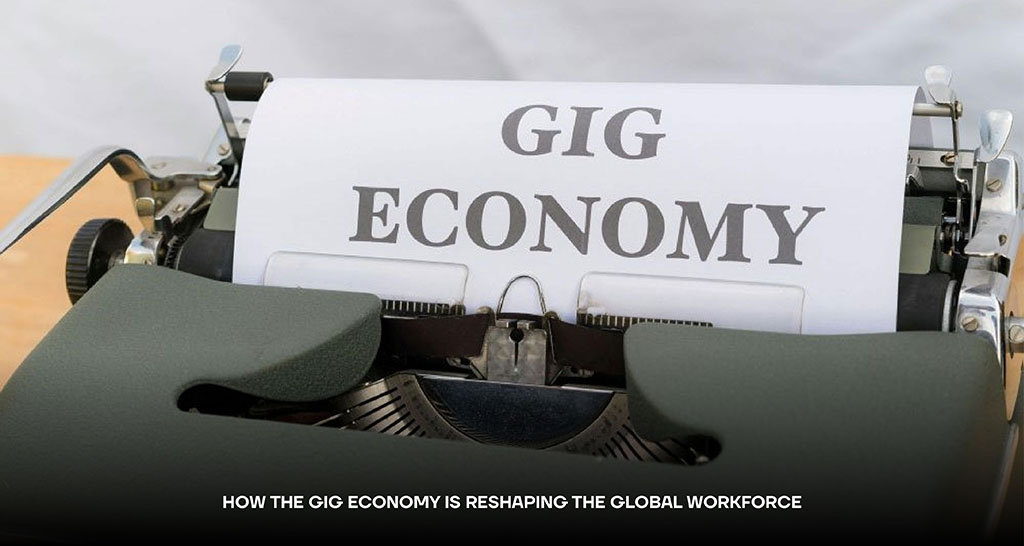The gig economy is no longer a passing fad; it has become a major force in the job market around the world. By 2025, gig work will have changed how people make money, how businesses hire people, and how economies work. The gig economy is changing the job market in exciting and complicated ways. It’s not just freelance designers and developers working from home; it’s also delivery drivers and virtual advisers.
The shift from standard jobs to flexible work models is one of the most important changes. A lot of people around the world are giving up their 9-to-5 jobs in favour of freelance work or gigs that are based on projects. This gives workers the freedom to choose when, where, and how they work, which makes it easier to balance work and personal goals.
At the center of this change is technology. Online services like Upwork, Fiverr, Toptal, and TaskRabbit have made it easy for workers to meet with clients all over the world. Companies can quickly hire people from other countries now that many people have access to tools for working from home and digital payment systems. People from all over the world can now work together because location is no longer a problem.
Another big effect is on how companies hire people. Gig workers are being used by more and more businesses, especially companies and small businesses, to grow quickly and cheaply. This approach is being used by even big businesses to stay flexible and cut down on long-term labor costs. They can get expert help whenever they need it by hiring freelancers instead of full-time employees.
But the rise of gig work is also causing people to argue about worker rights and safety. Gig workers don’t always have job stability, health insurance, or retirement benefits like regular employees do. As a result, many countries are changing their labor rules to better protect gig workers. To attract good workers, some platforms have also started to offer insurance and other benefits.
The gig economy is also growing in areas that aren’t normally associated with work. These days, you can hire doctors, lawyers, teachers, and even engineers whenever you need them. Gig work is becoming more professional, which is changing what freelance work looks like and raising its standing.
To sum up, the gig economy isn’t just a passing fad; it’s a whole new way of working. It encourages freedom, lets people work together around the world, and questions old ways of doing jobs. As the gig economy grows, it will continue to change how the world’s workforce is organized and what the future holds for it. Employers and workers alike must now adapt to this change; it’s no longer a choice.






